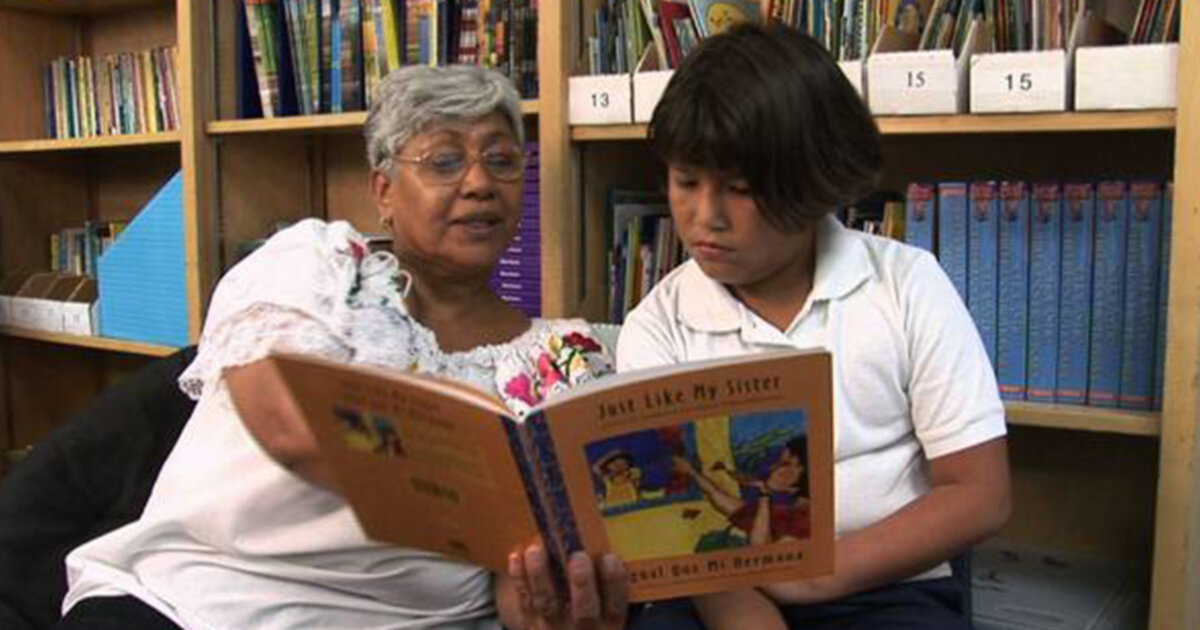Parents Telling Their Own Histories for Language Development 

While many people may not realize it, parents telling their own histories for language development is an important part of learning language. Along with it helping greatly in grammar, learning new words and listening aptitude, the article “Storytelling in the First Three Years” says that stories serve as a kind of passport into the culture itself.
In fact, many of the best stories aren’t written down but are told by parents to their kids, who often will eventually pass them on to their own, says the Victoria, Australia, Education website.
For instance, the site encourages parents to tell interesting, positive stories from when they were little. It says showing kids’ photos from when they were young and telling the story behind it helps them learn more about their parents.
The report “Once Upon a Time – Why Reading is Important” says that shared conversations, stories and songs are a terrific way to help kids learn new words while developing their language abilities. It also helps them enjoy reading more, says the Education website.
For bilingual parents, telling stories in the native language can help significantly with a child’s reading and writing in both English and the home language, as the more a child flexes their brain in one, the more it helps in learning the other.
It comes as no surprise that a regular reading routine, whether it’s in a one-language or bilingual home, is one of the best ways for kids to master a language or two. When looking at the largest minority student base in the country, Latino English language learners, family reading time can bridge the literacy issues that many of them will, otherwise, continue to struggle with in school.
By training teachers through an in-person workshop or an online webinar on guiding parents in establishing an at-home reading routine, The Latino Family Literacy Project is doing incredible work throughout the U.S. for Latino children and their families. Please look on this website for upcoming trainings. A regular reading time is a natural way to help parents tell their own histories for language development.
